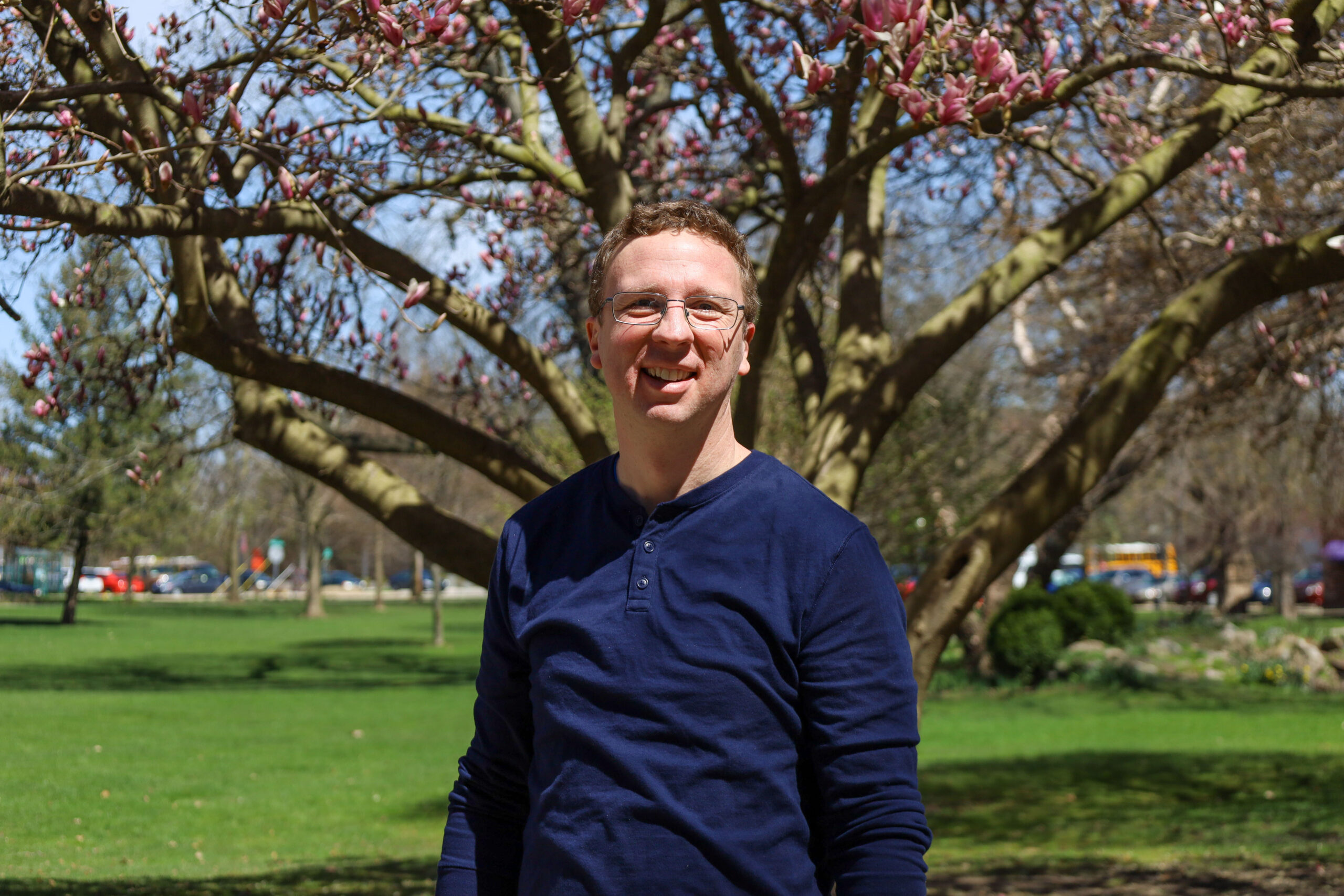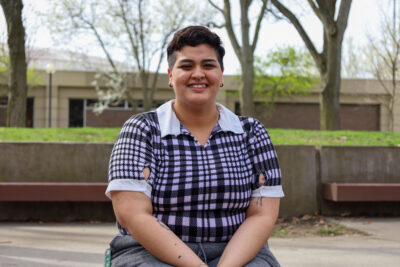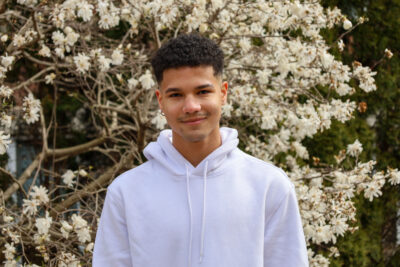I had been looking forward to my service assignment ever since I signed up for the Cambodia Study-Service Term (S.S.T.) during my freshman year. My thought was that I would have the opportunity to live deep in jungles of Southeast Asia in a village, helping to improve the lives of the people who live there. I was going to have the opportunity to help some of the poorest people in the world, and I believed the possibilities to be endless. I was going to go out there and discover what I could do to help, and use the skills I had to offer to help make a difference.
Only half of my beliefs came true. I did get the opportunity to live in one of the most remote areas of Cambodia, but I did not get the opportunity to serve them in the ways I had intended. When Michael Ruth and I signed up for this service assignment, we were under the impression that we would be teaching basic computer skills. When we got to our village, we discovered that we probably wouldn’t be able to teach much, because the village didn’t have a computer. And even if we could somehow find one, there wasn’t any electricity to power it. After a couple of days and a lot of sitting around brainstorming, we decided to improvise.We decided that we if we couldn’t teach computer skills, then we could at least teach English. So we set out to find someone to help us organize a class, but soon ran into another problem. This village didn’t have a school. “That would explain why these kids are just running around all day,” I thought.
So, once again, we went back to brainstorming. We noticed that during the day, the village was practically empty and that most everyone was out farming. We thought maybe we could go help them out. After one swing of the machete and hysterical laughter, it came to our attention that we really weren’t going to be that helpful after all. In fact, we were downright worthless.
The remainder of our service term was mostly spent hanging out, experiencing village life. This included a daily well shower, scaring babies by simply looking at them, and the occasional water buffalo sacrifice. I’m not going to lie, I was ready to leave by the end of the term (I think six weeks of having only one person to talk to will do that for you). But after I left, I found that I actually really missed the village life, and I constantly wondered to myself, what “service” had we actually done? Did our time spent out there make a difference at all?
For the first few weeks after I got back, I felt as though my time in Cambodia had been sucked through some hole in the space-time continuum and no one had noticed. As everyone and everything I knew continued on with their normal day-to-day lives, I was off in some dream world that no one else could possibly understand.
Society was encouraging me to forget everything I had seen, heard, touched, tasted, and smelled for the last three months and to continue on as if nothing had happened. As much as I hate to admit it, I obeyed. Somewhere along the way, however, I began to believe once again that I actually had been away for three months. I started to understand why I was so confused. I realized I was looking for revelation in the wrong places.
My problem, I realized, was that I kept trying to make sense of what service I had done for that village. Instead, I began to think about the ways in which that village had actually served me. I finally began to understand that service isn’t all about making change in the world, but allowing the world to change you.
I encourage all of you, whether you are S.S.T. veterans, future S.S.T.ers or are simply struggling to get through the day-to-day monotony of homework and class, to take time notice the ways you are being served. You may be surprised.


